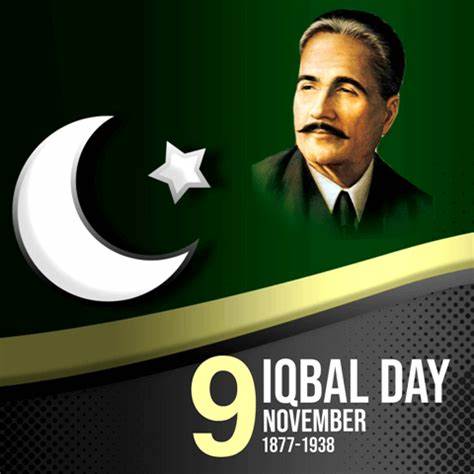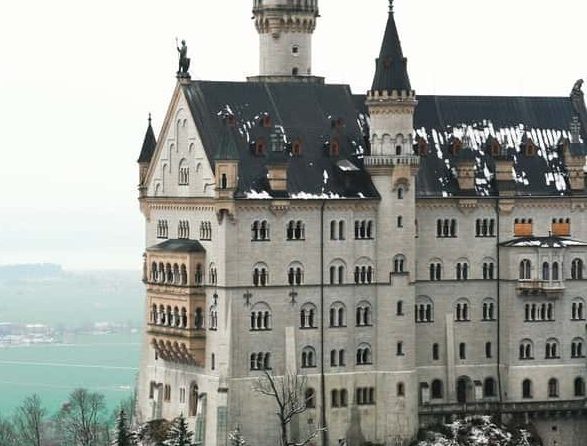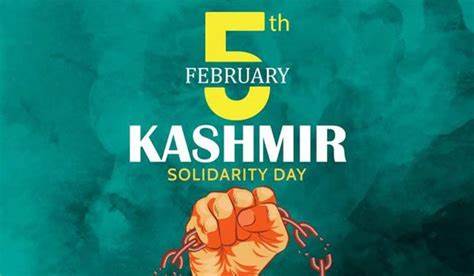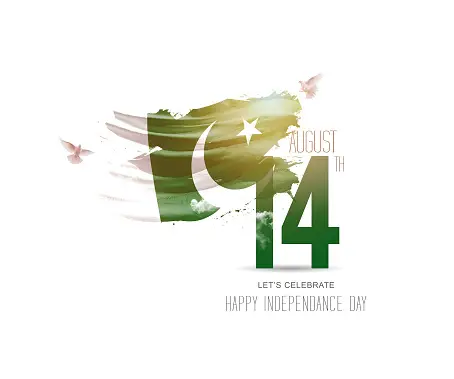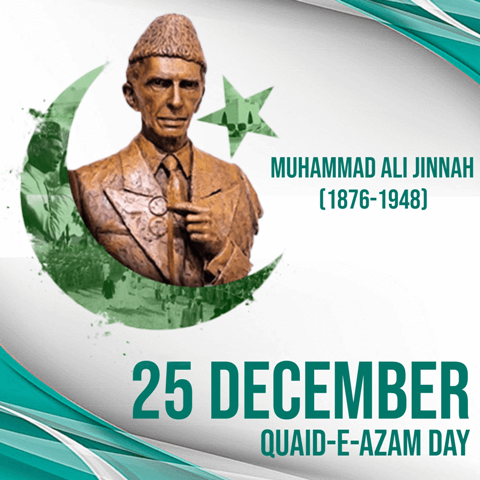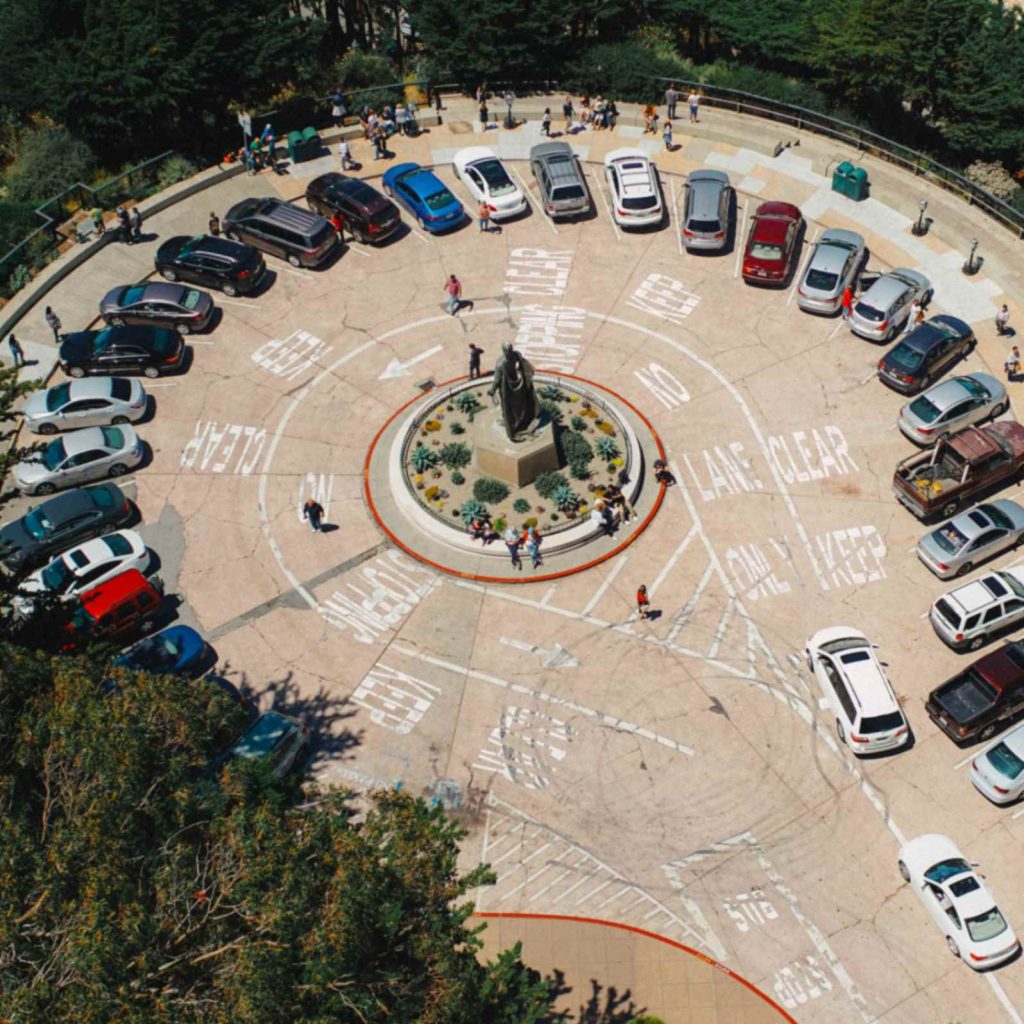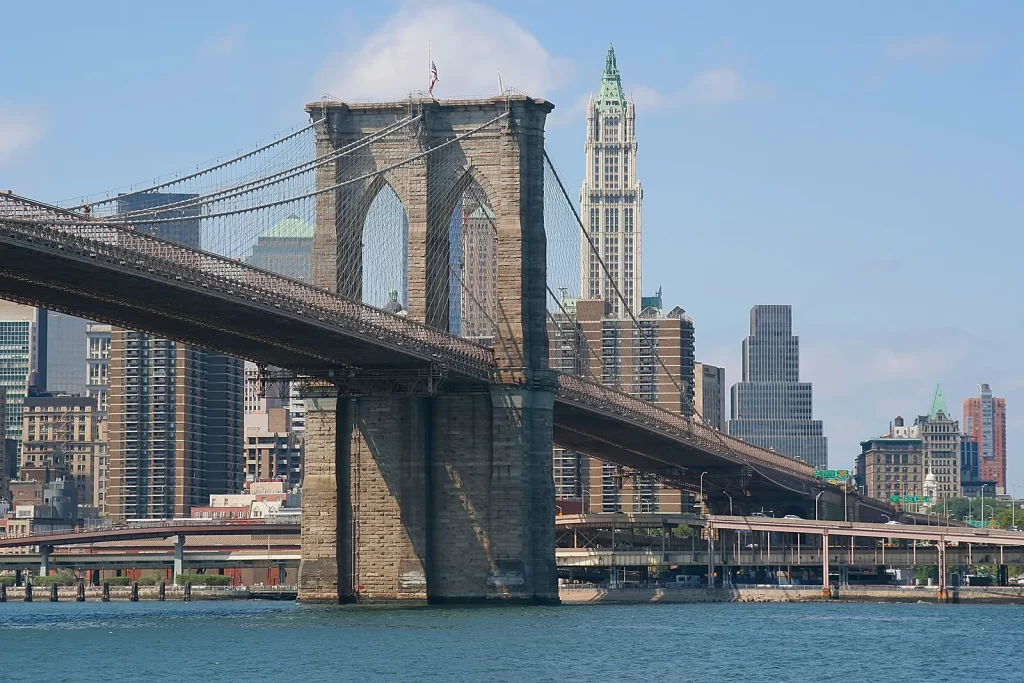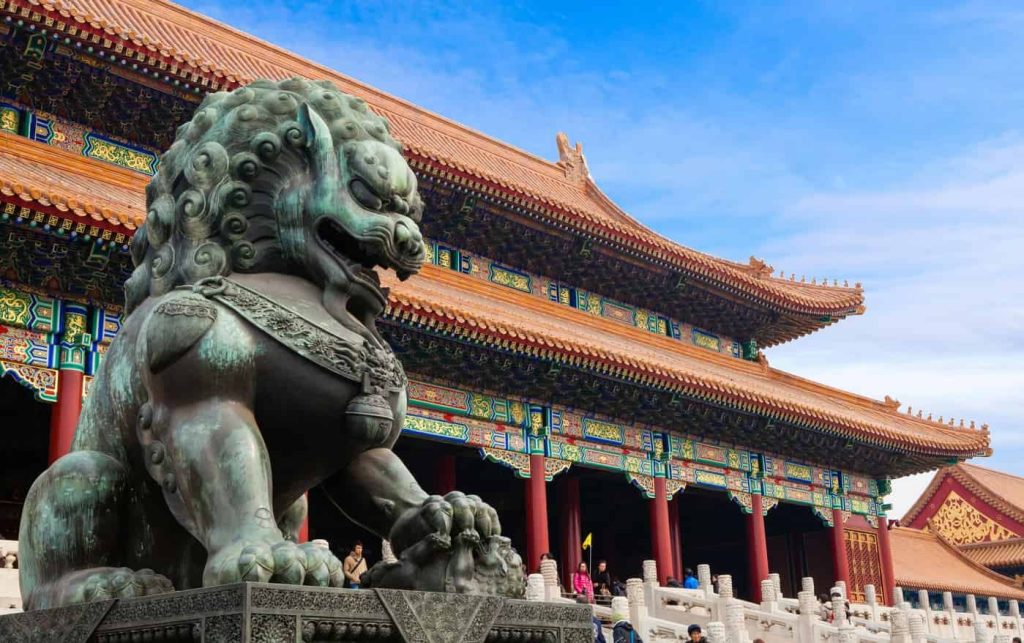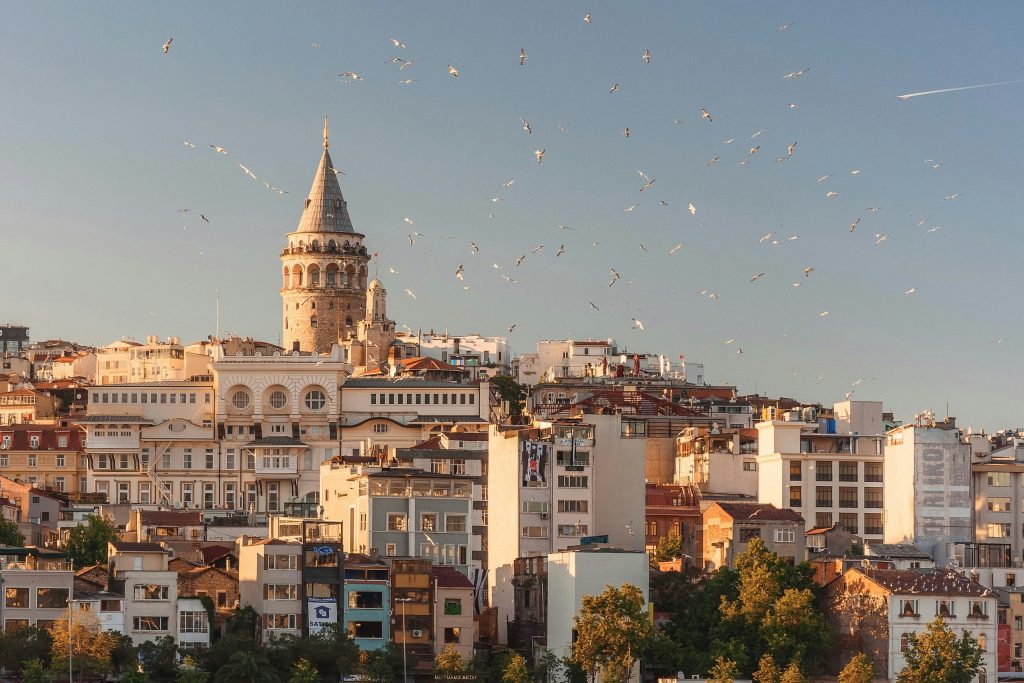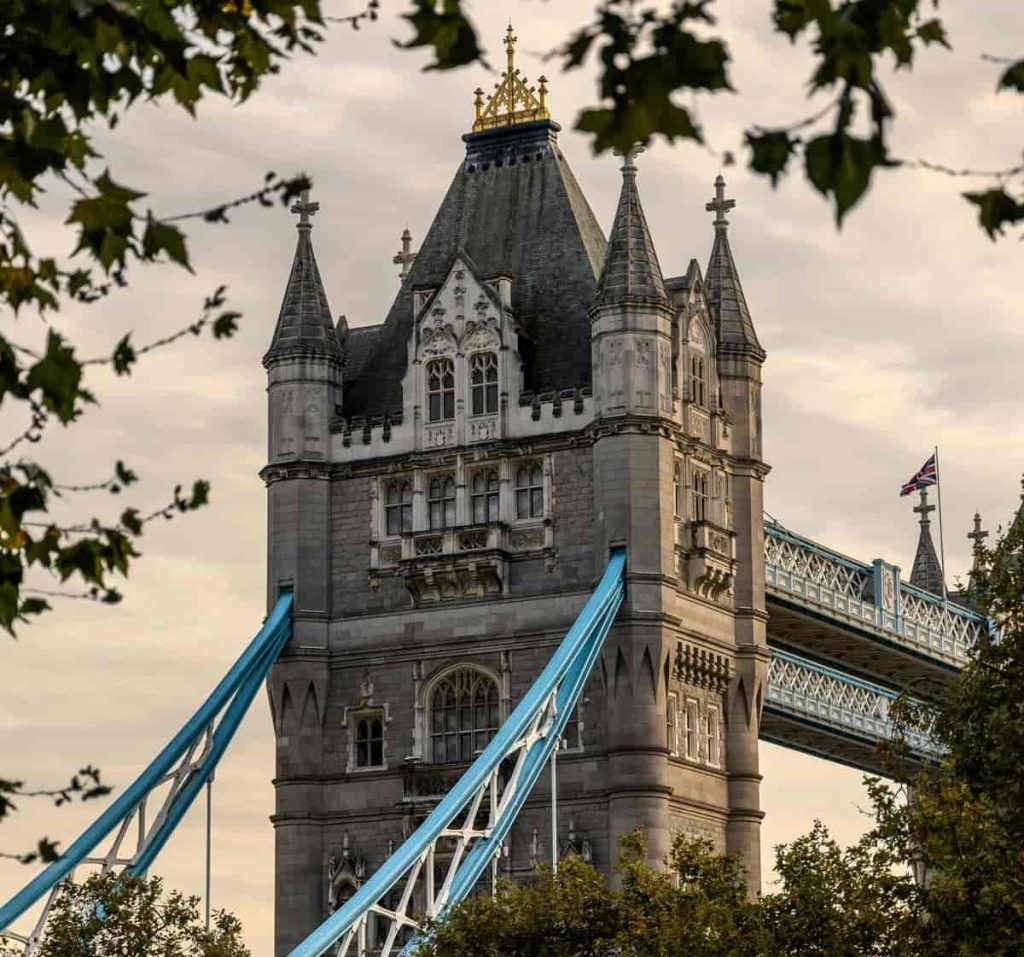November 9th marks the birth anniversary of Allama Muhammad Iqbal, one of the most influential figures in the history of the Indian subcontinent. Known as the “Poet of the East” and “Spiritual Father of Pakistan,” Iqbal was not just a poet but also a philosopher, politician, and an advocate for the rights of Muslims in British India. His ideas played a crucial role in inspiring the movement that led to the creation of Pakistan.
Early Life and Education
Muhammad Iqbal was born on November 9, 1877, in Sialkot, Punjab (now in Pakistan). He was the youngest of five children in a family that had converted to Islam from Hinduism. His father, Sheikh Noor Muhammad, was a tailor, and his mother, Imam Bibi, was a devout woman who greatly influenced Iqbal’s early life and values.
Iqbal’s early education was rooted in traditional Islamic teachings. He later attended the Scotch Mission College in Sialkot, where he studied under Sir Thomas Arnold, a scholar who greatly influenced his thinking. Iqbal then went to Government College, Lahore, where he earned his Bachelor of Arts and later, a Master of Arts in philosophy.
In 1905, Iqbal went to Europe for higher studies. He studied at Trinity College, Cambridge, and also enrolled at Lincoln’s Inn, London, to study law. He later earned his Doctor of Philosophy from the University of Munich in Germany. His time in Europe exposed him to Western philosophical thought, which, combined with his deep understanding of Islamic teachings, shaped his unique intellectual perspective.
Philosophy and Ideology
Allama Iqbal’s philosophy is a blend of Islamic principles and modern Western thought. He emphasized the concept of Khudi (selfhood or self-identity), advocating for the realization of one’s inner potential and the nurturing of individual and collective self-awareness. For Iqbal, Khudi was not just about self-assertion but about realizing one’s purpose and responsibilities within the broader Muslim community.
Iqbal’s poetry and writings often explored themes of spirituality, self-discovery, and the revival of the Muslim world. He was critical of the stagnation and decline in Muslim societies and urged a return to the dynamic and ethical values of Islam. His famous works, such as “Asrar-e-Khudi” (Secrets of the Self) and “Rumuz-i-Bekhudi” (The Secrets of Selflessness), delve into these ideas, presenting a vision of a rejuvenated Muslim identity.
Poetry: A Medium of Awakening
Iqbal’s poetry is celebrated for its deep philosophical meaning and lyrical beauty. Writing primarily in Persian and Urdu, he used poetry as a tool to inspire and awaken the Muslim consciousness. His poetic works deal with themes of love, faith, struggle, and the pursuit of knowledge.
In “Asrar-e-Khudi,” Iqbal talks about the idea of selfhood, encouraging individuals to develop their inner strength and strive for personal and spiritual growth. This work was followed by “Rumuz-i-Bekhudi,” which emphasizes the importance of community and collective well-being.
Iqbal’s Urdu poetry, especially “Bang-e-Dra” (The Call of the Marching Bell) and “Bal-e-Jibril” (Gabriel’s Wing), addresses contemporary socio-political issues and expresses his vision for the future of the Muslim world. His poem “Saare Jahan Se Achha” is a patriotic anthem that remains popular in India, symbolizing unity and national pride.
Political Vision and Role in Pakistan Movement
Allama Iqbal’s political thoughts were closely connected with his philosophical and poetic expressions. He envisioned a separate homeland for Muslims in the Indian subcontinent where they could practice their religion and live according to Islamic principles without fear of oppression. This idea was clearly stated in his famous presidential address at the Allahabad session of the All-India Muslim League in 1930. Iqbal called for the creation of a “North-West Indian Muslim State,” laying the intellectual groundwork for the demand for Pakistan.
Iqbal’s correspondence with Muhammad Ali Jinnah, the leader of the All-India Muslim League, shows his profound influence on Jinnah’s political strategies and the broader Pakistan movement. Although Iqbal did not live to see the creation of Pakistan in 1947, his ideas and poetry continued to inspire the leaders and people who brought his vision to reality.
Legacy and Impact
Allama Iqbal’s legacy is vast and multifaceted. In Pakistan, he is revered not only as a national poet but also as a guiding intellectual force. His thoughts on selfhood, spiritual awakening, and the socio-political empowerment of Muslims remain relevant to contemporary discussions on identity, governance, and ethics in the Muslim world.
Iqbal’s birthday, November 9th, is celebrated as “Iqbal Day” in Pakistan, marked by various cultural, educational, and official events that pay homage to his contributions. His works are widely studied in schools and universities, and his ideas continue to influence scholars, politicians, and thinkers.
